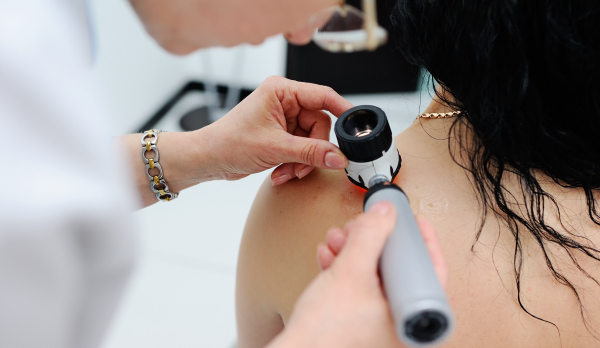Health insurer, nib, is encouraging more Australians to be proactive about skin cancer checks after early findings from its skin assessment survey revealed 41 per cent of respondents are considered at ‘high risk’.
Of almost 11,000 Australians surveyed, the nib skin self-assessment found that the majority (55 per cent) of respondents have experienced severe sunburn where they either blistered or peeled, more than three times, while over a quarter (27 per cent) have a family member that has had skin cancer previously.
nib chief medical officer Dr Rob McGrath said with all types of skin cancer accounting for 80 per cent of new cancer diagnoses annually, and almost half a million people treated for non-melanoma skin cancers each year, Australians must recognise the importance of skin health and skin management.
“Australia has one of the highest rates of skin cancer in the world due to a number of factors, such as UV strength, lifestyle choices and a large portion of the population having fair skin. The good news is, most skin cancers can be treated successfully if detected early, such as stage one Melanoma which has a five-year survival rate of more than 99%,” said Dr McGrath.
“It’s why nib has introduced our skin assessment tool; we want more Australians to understand their skin health and stress the importance of regular skin checks to the community, as early detection really is key,” he said.
nib’s skin assessment provides customised health insights for an individual’s skin type, guidance on how to conduct skin health checks, and a personalised skin cancer risk rating to support skin consultations with the user’s local GP.
nib has also recently partnered with the skin monitoring app, SkinVision. Using a combination of AI technology and the expertise of skin health professionals and dermatologists, SkinVision allows users to detect and monitor for signs of skin cancer by uploading an image of their skin spot to the app.
“While this process does not diagnose skin cancer, it assists with detecting features of the most common types of skin cancer at a 95% accuracy rate and provides users with a risk-based recommendation. In the case of a ‘High’ risk detection, the person will be advised to see their GP as soon as possible,” continued Dr McGrath.
“Our combination of the nib skin assessment, skin cancer risk rating and nib SkinVision will help arm people with personal, up-to-date information to understand their individual risk of skin cancer and to take action. I strongly urge people to be more proactive in their approach to prevention including appropriate sun protection, regular self-examination and closely monitoring for any new or changing lesions,” added Dr McGrath.
